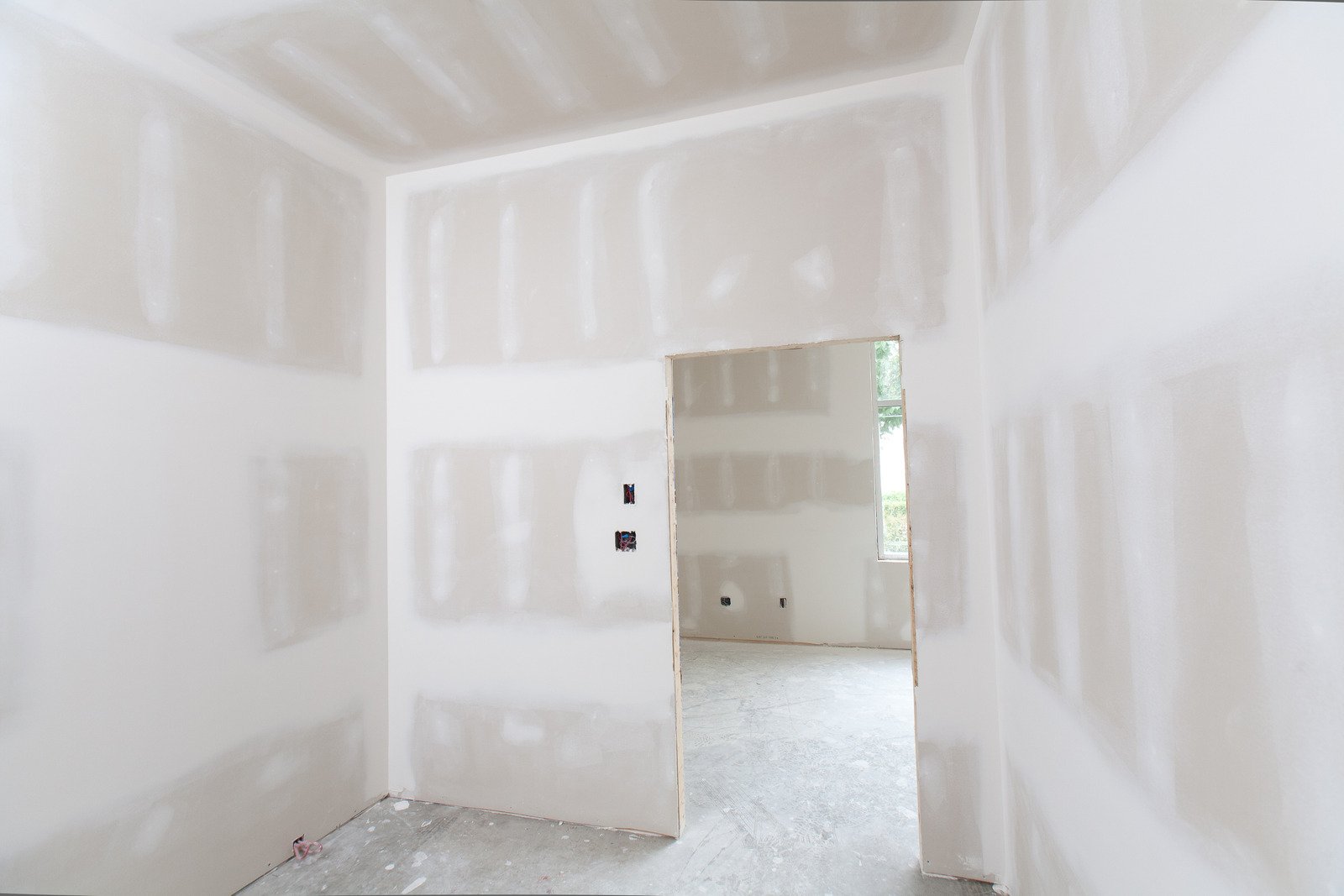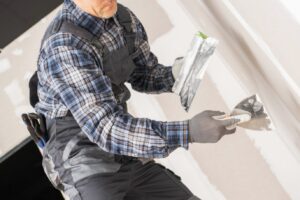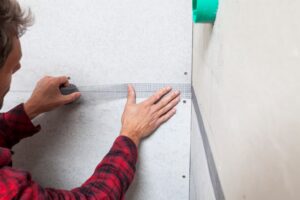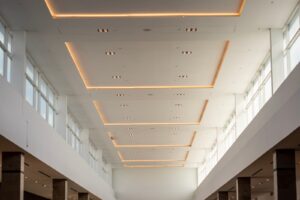Vancouver’s wet, humid weather has a major impact on home construction—especially drywall installation. With lots of rain, high humidity, and changing temperatures throughout the year, traditional drywall methods often don’t hold up. Moisture can lead to mold, warping, and weak walls.
This blog explains how Vancouver’s unique climate affects drywall, what problems can happen with poor installation, and the best ways to protect your home with proper materials and techniques.
Understanding Vancouver’s Climate
Vancouver gets more than 1,000 mm of rain every year. That’s a lot of moisture, especially in fall and winter. This wet weather, combined with seasonal temperature changes, causes building materials like drywall to expand and shrink.
When there’s not enough airflow, moisture builds up. That can lead to mold, mildew, condensation, and even leaks. Because of these risks, homes in Vancouver need special materials and smart building methods to avoid damage and keep the air clean and healthy.
How Climate Affects Drywall
1. Moisture Absorption:
Regular drywall soaks up moisture easily, which causes warping, soft spots, and damage over time.
2. Joint Problems:
Too much humidity can slow down how joint compounds dry and cure. This can make the drywall tape peel or the seams crack early.
3. Mold Growth:
Without the right ventilation or moisture barriers, water can get trapped behind the walls and grow mold—which is bad for your health and your home.
4. Expansion and Contraction:
Drywall expands and shrinks when temperatures go up and down. Without the right spacing and flexible installation, this can lead to cracks or uneven walls.
5. Overall Performance:
All of these climate issues show why Vancouver homes need drywall installation that’s built to handle moisture and humidity.
Common Problems from Poor Drywall Installation
If drywall isn’t installed properly in wet climates like Vancouver, it can cause serious damage. You might see peeling or bubbling paint, sagging walls, or cracks in corners. Poor joint work and temperature changes can make things worse.
Even worse, mold and mildew can grow inside the walls. This not only damages the structure but can cause health issues. That’s why it’s so important to follow climate-smart installation practices.
Best Practices for Drywall Installation in Vancouver
1. Inspect for Moisture First:
Before installing drywall, check for leaks in the roof, walls, or plumbing. Fix any issues to avoid future damage.
2. Use Moisture-Resistant Drywall:
Install special drywall like green or purple board in high-moisture areas such as bathrooms, basements, and kitchens.
3. Add Vapor Barriers & Insulation:
Use vapor barriers on outside walls and proper insulation to stop moisture from getting into the drywall.
4. Choose the Right Materials:
Use joint compound made for humid areas and rust-proof screws or fasteners that won’t corrode over time.
5. Provide Proper Ventilation:
Use fans or dehumidifiers to keep air moving during and after the installation. This helps joint compound dry properly and lowers the risk of mold.
Seasonal Challenges to Consider
Rainy Season Issues:
Vancouver’s rainy months bring extra humidity, making it harder for drywall to set properly. Moisture can hurt the bond between materials and weaken the wall.
Drying Conditions Matter:
Joint compound and paint need a stable indoor temperature (15–25°C) and low humidity to dry well. A dehumidifier can really help during rainy months.
Plan Around Moisture:
Try to schedule drywall projects during the drier months. If that’s not possible, make sure the work area has good airflow and humidity control.
Why Work With Local Drywall Pros?
They Know Vancouver’s Climate:
Professionals like Drywall Medic understand the local weather and how it affects homes. That means better results and fewer surprises.
They’ve Seen It All:
From hidden mold to tricky ventilation issues, Drywall Medic knows how to handle Vancouver’s common problems.
They Use the Right Stuff:
Drywall Medic uses moisture-resistant materials and advanced methods like vapor barriers and special joint compounds. Their work helps your drywall last longer, even in wet weather.
Conclusion
Installing drywall in Vancouver takes more planning and care than in other cities. With all the moisture in the air, using the right materials and techniques is key to avoiding mold, damage, and expensive repairs.
Choosing professionals like Drywall Medic gives you peace of mind. They’ll make sure your walls stay strong, safe, and dry—no matter what the weather brings.
Contact Drywall Medic:
📍 Victoria, BC:
#136 – 2936 Amy Rd, Victoria, BC, V9B 0B2
📞 250-880-8849
📍 Vancouver, BC:
6894 192 St, Surrey, BC V4N 0B7
📞 604-913-4656




